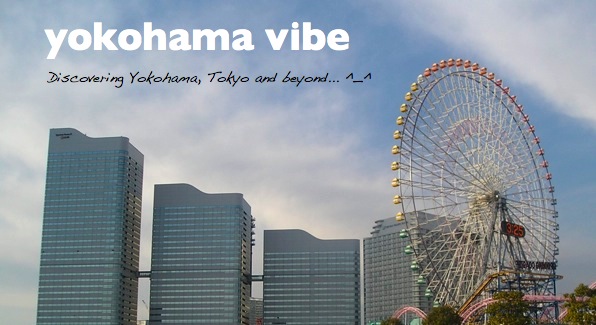I don't mean that in a figurative sense. I mean literally, I didn't know how to say 'no'.
In English, 'no' is used in a lot of different situations.
'No, thank you.'
'No, that's not correct.'
'No! Stop that!'
If you study Japanese, you will very quickly learn the word いいえ ('iie'), 'no' (or a more casual 'uun', a sound you will soon pick up if you go to Japan!). However, if you reply with 'iie' in every situation where you'd use 'no' in English, you will sound strange and sometimes even rude.
For example, if someone asks you if you want more food, or if you want a carry bag, you don't say 'iie, arigatou' for 'no thanks'. That is a literal translation from English, but it would sound weird. Rather, you could say 'kekkou desu', which is more like 'I'm fine'. Less politely, 'iranai', which means 'not necessary' (I don't need it).
For situations where something is not good or not okay, you can use 'dame'. This is also what you hear parents say to their children. 'Dame!' 'No!'
If you want to express frustration with 'no!!' or 'oh no!', exclamations like 'iya da!' or 'yabai' would be more suitable.
If you want to say something is not correct, you can say 'chigaimasu' (it's wrong/different). Or you can mirror back the verb the first person asked you. For example, 'dekiru?' ('can you do it?'), 'dekinai!' ('no, I can't!'). These are often, but not always, preceded by an 'iie' or 'uun'.
If you are refusing a request or saying something that might be awkward for the other person, it's also common to avoid an outright 'no'. 'Sore wa chotto...' ('that's a bit...') or 'muzukashii desu ne...' ('that's a tough one...') or various other vague statements or excuses. This is a famous aspect of Japanese culture, the unwillingness to bluntly say 'no'.
If someone thanks you and you want to say 'no, no, it's nothing', you can say 'iie, iie'. You can also use 'iie' to deny praise ('iie, tondemonai' 'oh no, not at all').
And in some cases, you can even say 'hai' ('yes') where we would say 'no' in English. Japanese and English negative questions function differently. For example, in English, you answer negative questions like this:
'Don't you like it?'But in Japanese, you match the tense of the question in your answer.
'No, I don't like it...'
'Don't you like it?'It's difficult, isn't it! I've used a mixture of polite and casual Japanese on this page. As you can see from this list, although 'iie' is often used, it is often followed by another word, and in many cases, is not used where we would use the English 'no'. So it can take a little while to pick up when to use which answer in the real world. ^_^
'Yes, I don't like it...'
